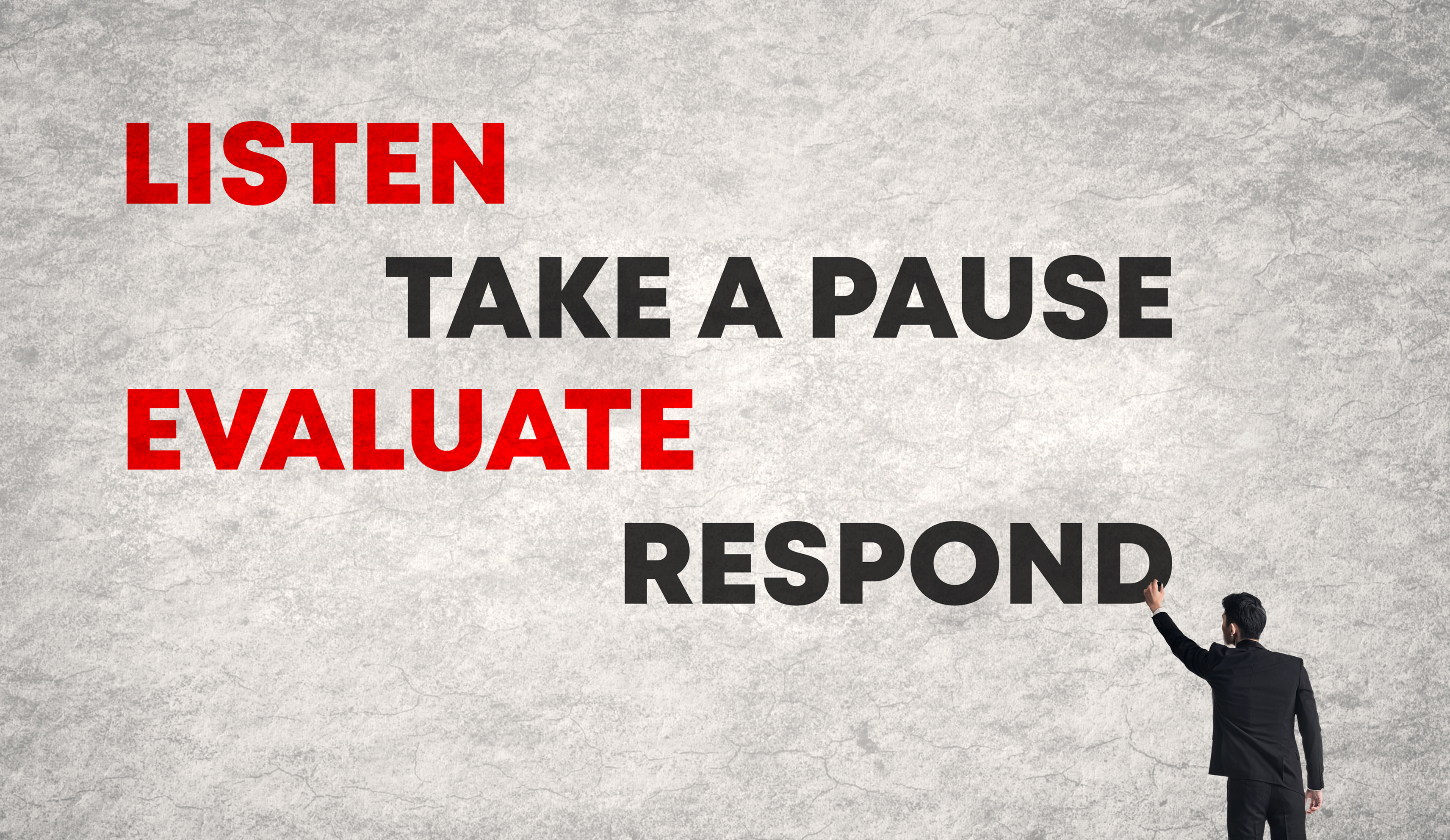
Effective Communication: A Way to Evolve your Leadership Skills
Communication is an attitude and not a skill. Effective communication is not what you convey to the other person – it is about what the other person understands. If another person cannot understand what you want to convey, it’s a communication failure.
For communicating with children, you kneel to the child’s level – it helps in better eye contact, better body language, and builds safety and trust. You use language that the child would understand. You must put yourself in others’ shoes and get on to other person persons level of understanding and then convey.
It sounds so simple, but then simple is not easy – always try to keep contents simple and avoid the usage of complicated jargon. Remember, the objective is to make other people or groups of persons clearly understand the message.
Since birth, we are taught how to read, write, speak, and hear, but we are never tough how to listen.
Hearing is not listening – you listen with the mind but hear with the body. Listening is a combination of hearing, understanding, retaining, and recalling.
Communication is essentially between two people, which can be in groups also. Irrespective, it needs to be two-way communication. As a listener, ensure that you empathetically listen to another person without interrupting the person.
Body language and engagement of both matters. Both should feel that you are taking a keen interest in each other, and ideally, there should be no distraction from electronic gadgets.
Focus on the strengths of other person rather than weaknesses. Ideally, a bond of trust and respect should get developed during communication. Never judge another person, criticize another person, never attack another person’s self-esteem, never argue with another person, never be arrogant and finally, never react. Focus on these six “Nevers”, and you will “Never” go wrong.
Judge the content and not the delivery – always go by the other person’s intention. Criticize performance if need be but not the individual. If you lower your self-esteem, it deteriorates your performance and damages your personality. You can always win an argument, but perhaps at the cost of losing a friend. Arrogance out of your position or power or knowledge kills communication – position or power or knowledge should bring humility in your character. Finally, never react – after listening, take a pause, evaluate the content, and then respond.
Remember you get what you give!